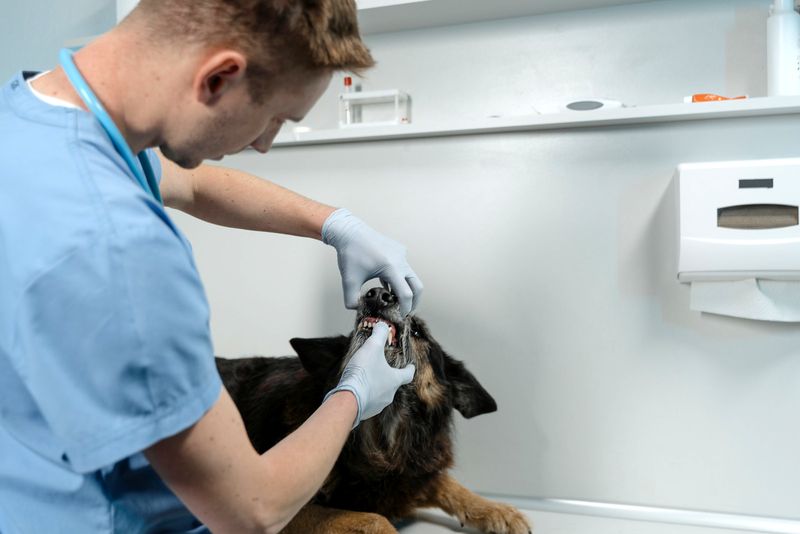Dog Obesity, how to help

Obesity in dogs is a serious and growing problem in the United States. According to the Association for Pet Obesity Prevention, nearly 60 percent of dogs in the United States are overweight or obese. Being overweight or obese can lead to a variety of health issues in dogs, including diabetes, arthritis, heart disease, and even cancer.
The most common cause of obesity in dogs is overfeeding. Dogs are often fed too much food, or given treats too frequently. Some owners may give their dogs too much food because they feel guilty for leaving them alone for long periods of time. Other owners may not realize how much food their dog should be eating.
In addition to overfeeding, other factors can contribute to obesity in dogs. Lack of exercise is one of the most common culprits. Dogs need regular exercise to stay healthy, and without it they may gain weight. Some breeds of dogs, such as certain toy breeds, may be prone to obesity due to their small size and slow metabolism.
The best way to prevent obesity in dogs is to feed them a balanced diet and provide them with regular exercise. Talk to your veterinarian about the right amount of food for your dog, and make sure to measure out their meals. Avoid feeding your dog table scraps or giving them too many treats. Make sure to provide your dog with plenty of exercise, including walks, playtime, and trips to the dog park.
If your dog is already overweight or obese, it is important to take steps to help them lose the extra weight. Talk to your veterinarian about your dog’s diet and exercise needs. They may recommend a special diet or exercise program for your dog. It is also important to monitor your dog’s weight and progress regularly.
Obesity in dogs can be a serious problem, but it is one that can be prevented and managed with the right diet and exercise. Talk to your veterinarian about your dog’s individual needs, and make sure to provide them with a healthy diet and plenty of exercise. With the right care, your dog can live a long and healthy life.
